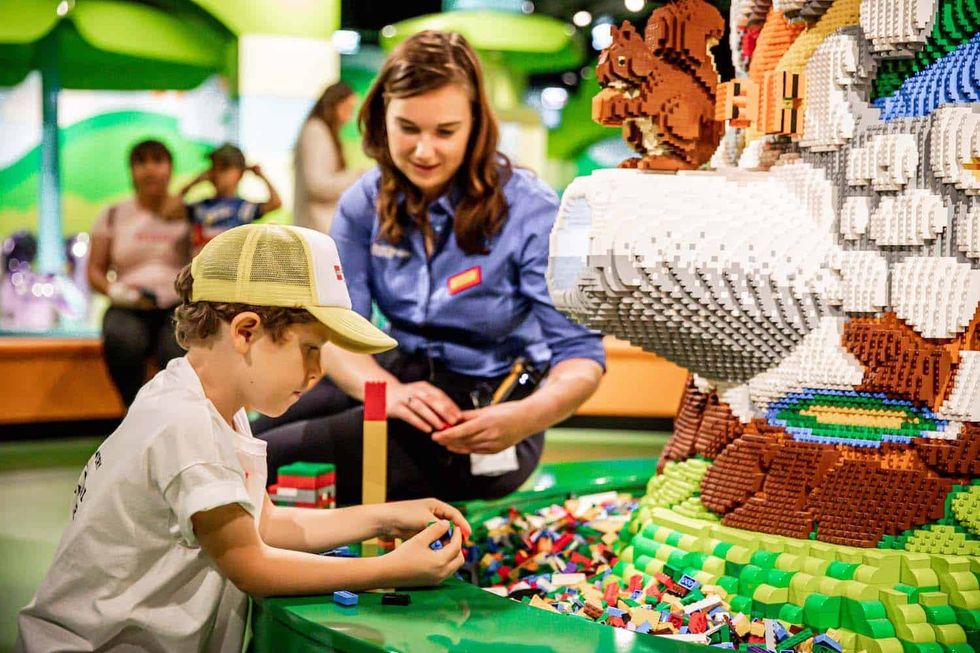A team at dan pearlman, a leading brand and experience architecture group, has recently worked with SKP on the renovation of the historic Alfred-Brehm-Haus at Tierpark Berlin, transforming the former lion enclosure into a new rainforest house.
The original building, which was the biggest lion cage in the world when it opened in 1963, was designed by Heinz Graffunder. Now it has been redesigned in line with Tierpark Berlin's commitment to promoting animal welfare and rainforest conservation. Now, the Alfred-Brehm-Haus provides an appropriate habitat for sun bears, Indochinese tigers, tree-kangaroos and other endangered species.
The dan pearlman experience architecture team worked on the overall planning of the enclosure, with a particular focus on the design planning.
Immersive rainforest experience
This project saw the adjustment of a heritage building to take into account modern animal welfare needs. For instance, the indoor enclosures are no longer seen by visitors and are instead obscured from the path by greenery and a bamboo fence. While reading information about the rainforest, guests can see outlines of the attraction's big cats moving behind the greenery.
During their journey through the Alfred-Brehm-Haus, visitors can see animals like turtles or chameleons in their natural habitat through glass cases, before coming to the expanded sun bear habitat and outdoor enclosure. Here, a new wooden construction provides a place for bears to climb and sleep, which guests can see through the window.
Following this, visitors head onto the palm house, through thick greenery and past traditional figurines, and into the midst of a rainforest. In this multi-species habitat, fruit bats and birds fly around while crocodiles can also be seen through various windows. The project included the preservation of the original glass roof, implementing it into the open rainforest concept, and guests can view the entire hall from up on high as they head along the canopy pathway.
The next habitat on show is that of the Indochinese tiger in the rock hall, where the size of the enclosure has been doubled and a huge windowpane has been added to allow visitors a glimpse of the animals against the existing rock panorama, made from real granite.
In the building's outdoor enclosure, the renovation has included the addition of transparent, organic net covers on the enclosures, windows and greenery. Here, visitors can observe tree-kangaroos, Javan leopards and clouded leopards.
The project has resulted in a modern, future-oriented facility that preserves the attraction's heritage while putting animal welfare at the forefront.
Last month the company also celebrated the opening of the new ARALANDIA aviary at Wuppertal Zoo in Germany, where it was responsible for developing a master plan and supervising its implementation.
Charlotte Coates is blooloop's editor. She is from Brighton, UK and previously worked as a librarian. She has a strong interest in arts, culture and information and graduated from the University of Sussex with a degree in English Literature. Charlotte can usually be found either with her head in a book or planning her next travel adventure.
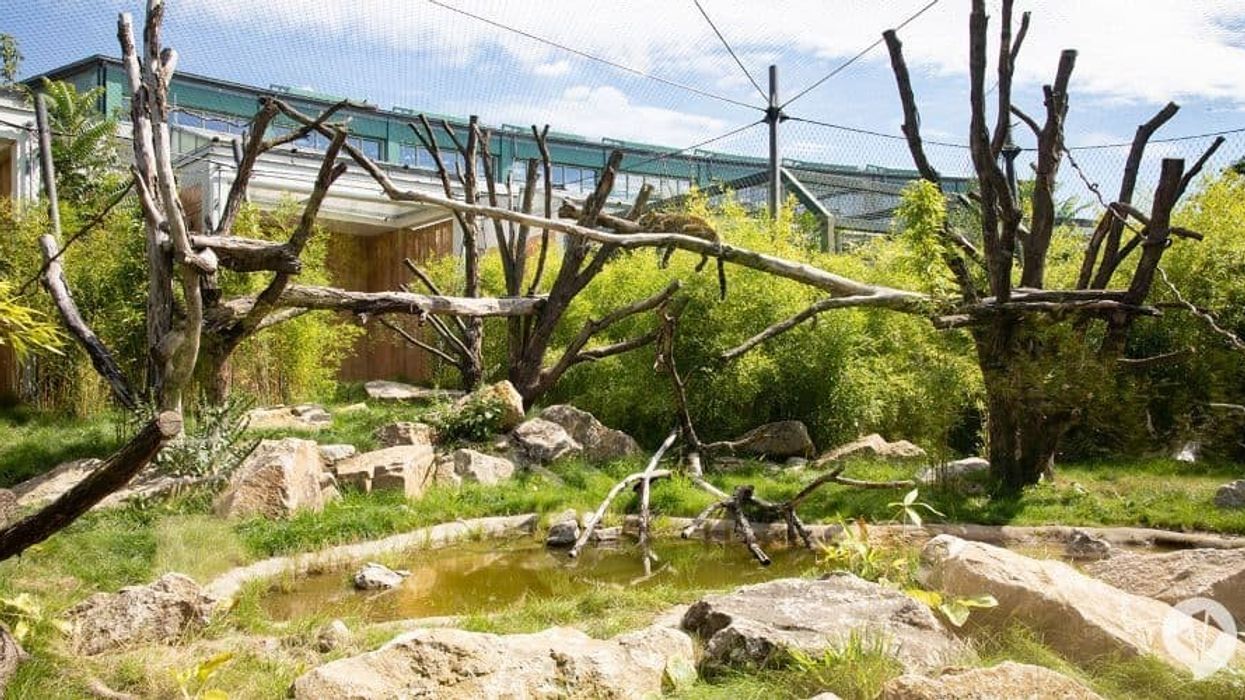

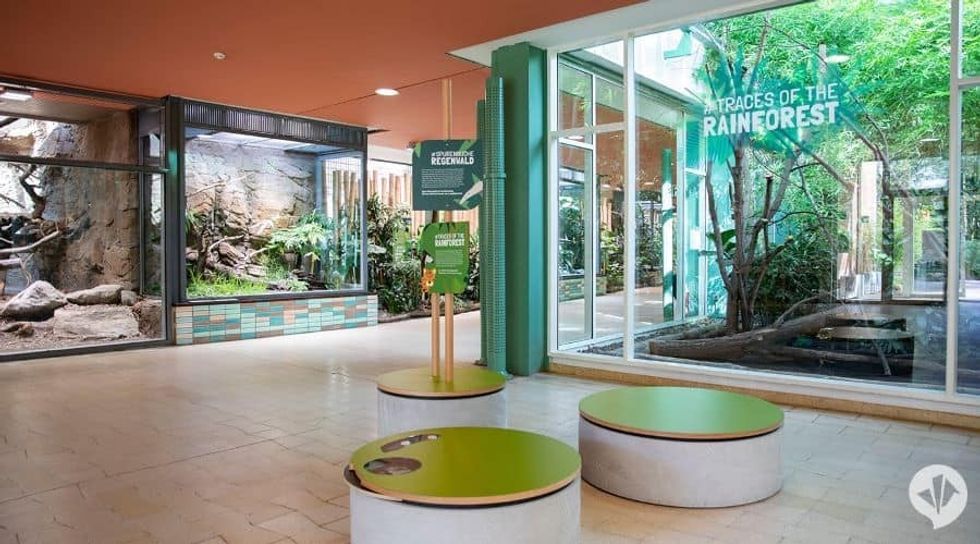
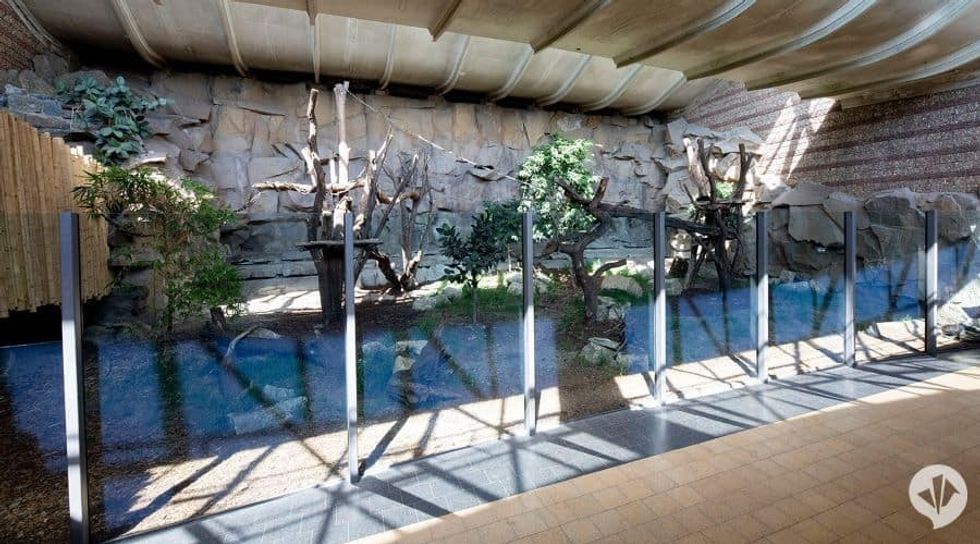
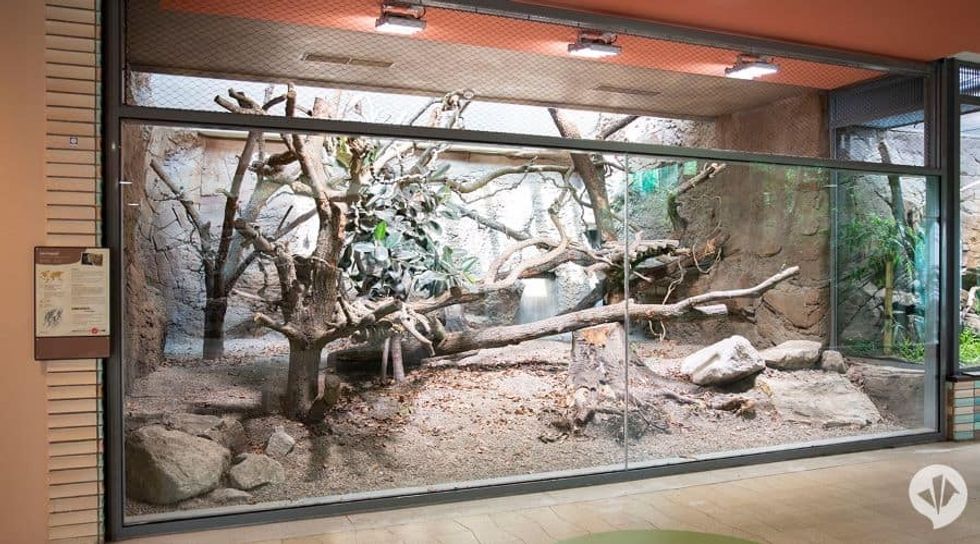


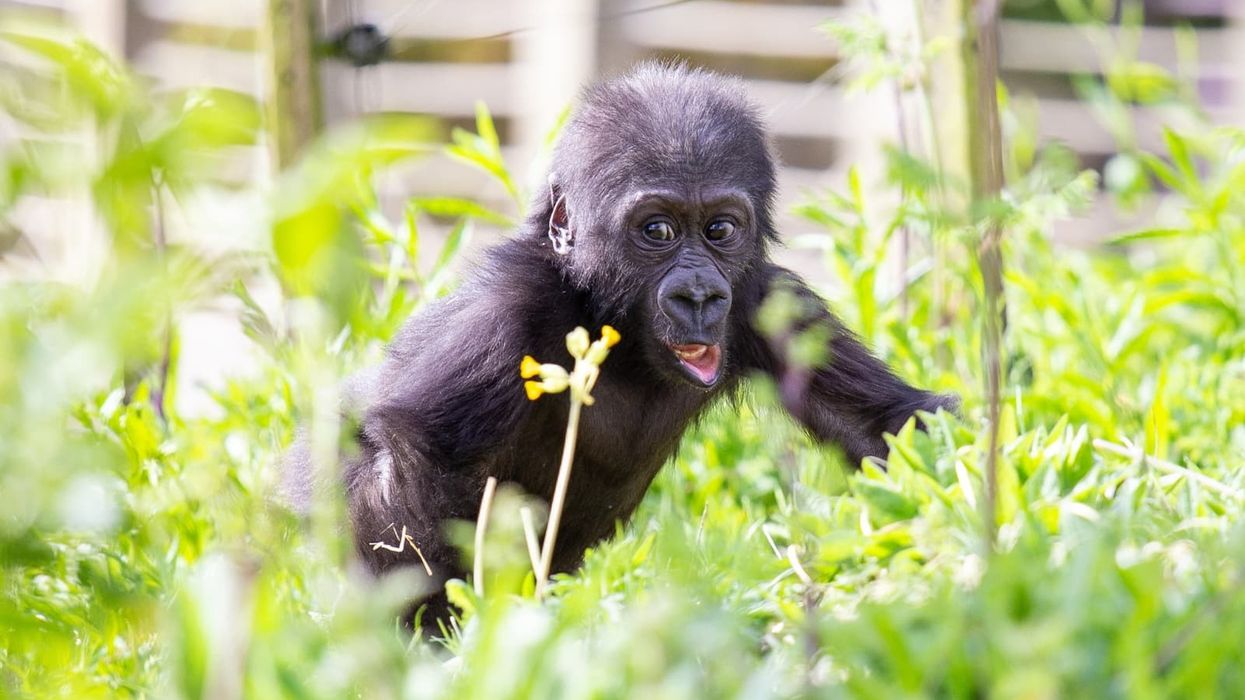

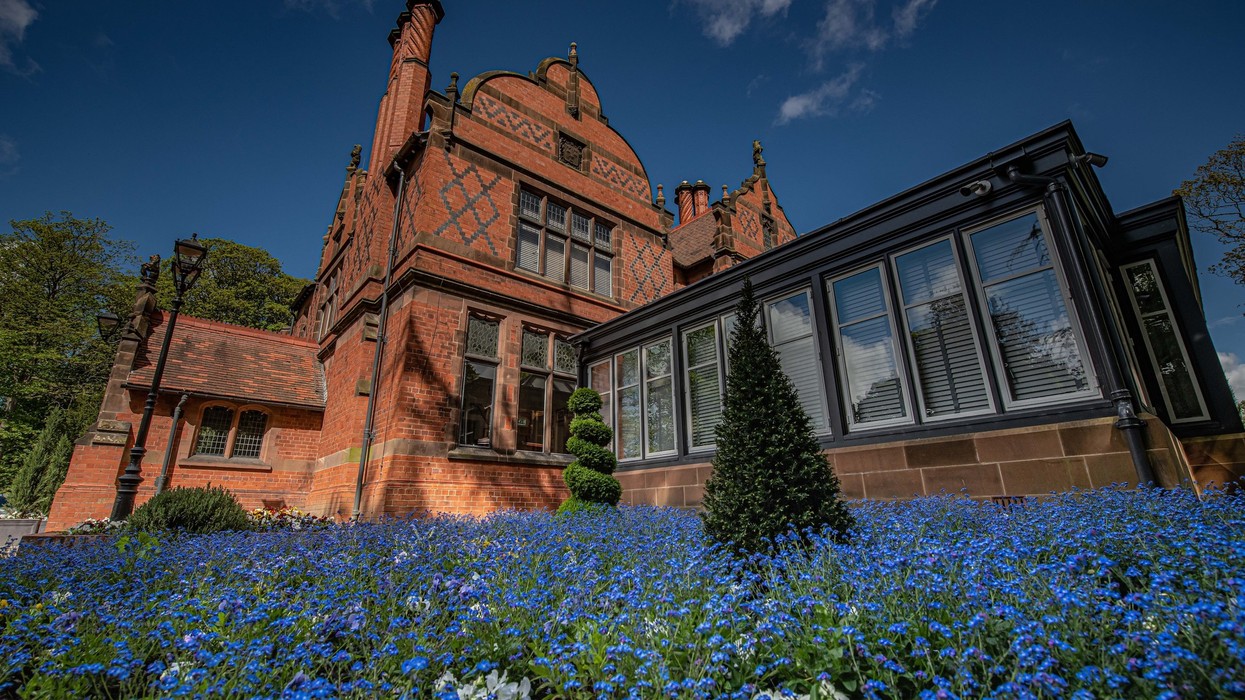

 Panel with Marilyn Jackson, AAM president & CEOPhoto courtesy of Todd Buchanan, Corporate Event Images
Panel with Marilyn Jackson, AAM president & CEOPhoto courtesy of Todd Buchanan, Corporate Event Images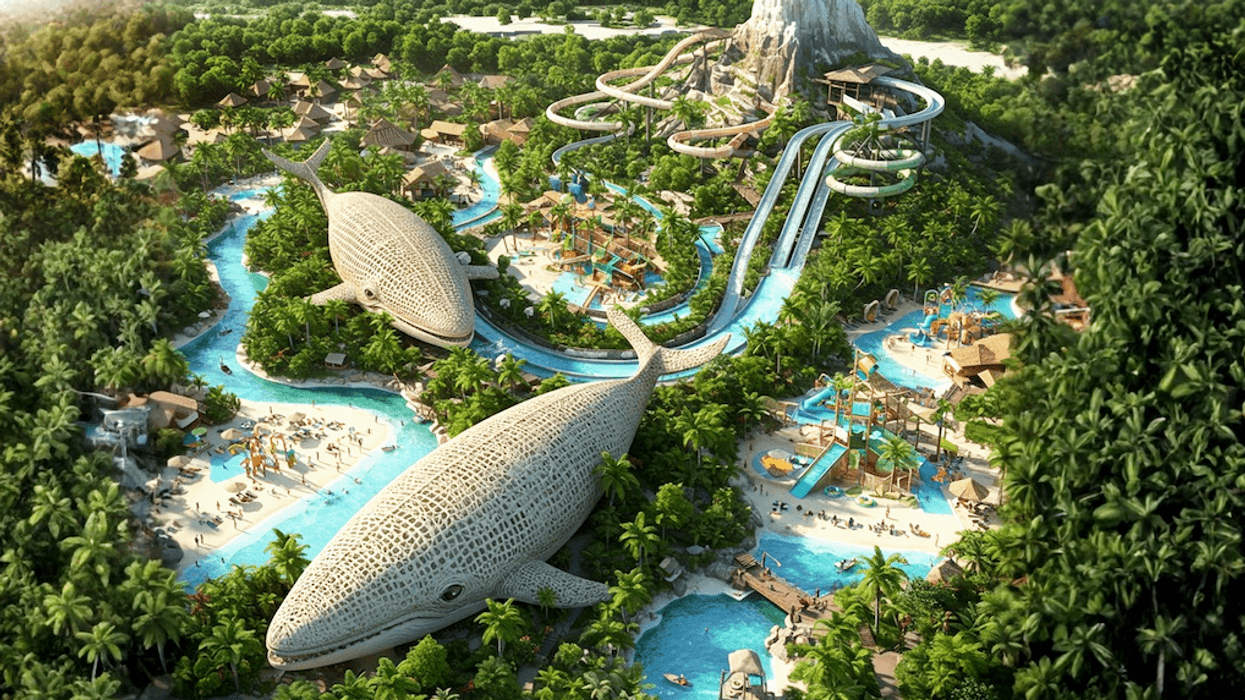


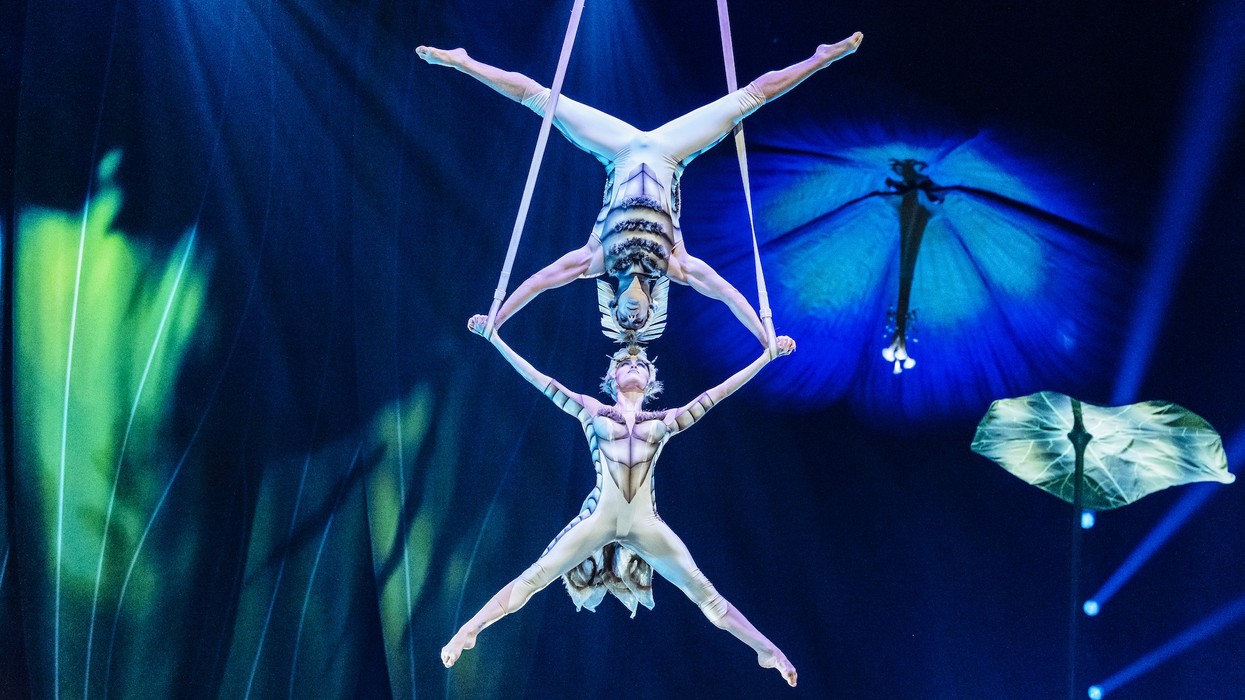
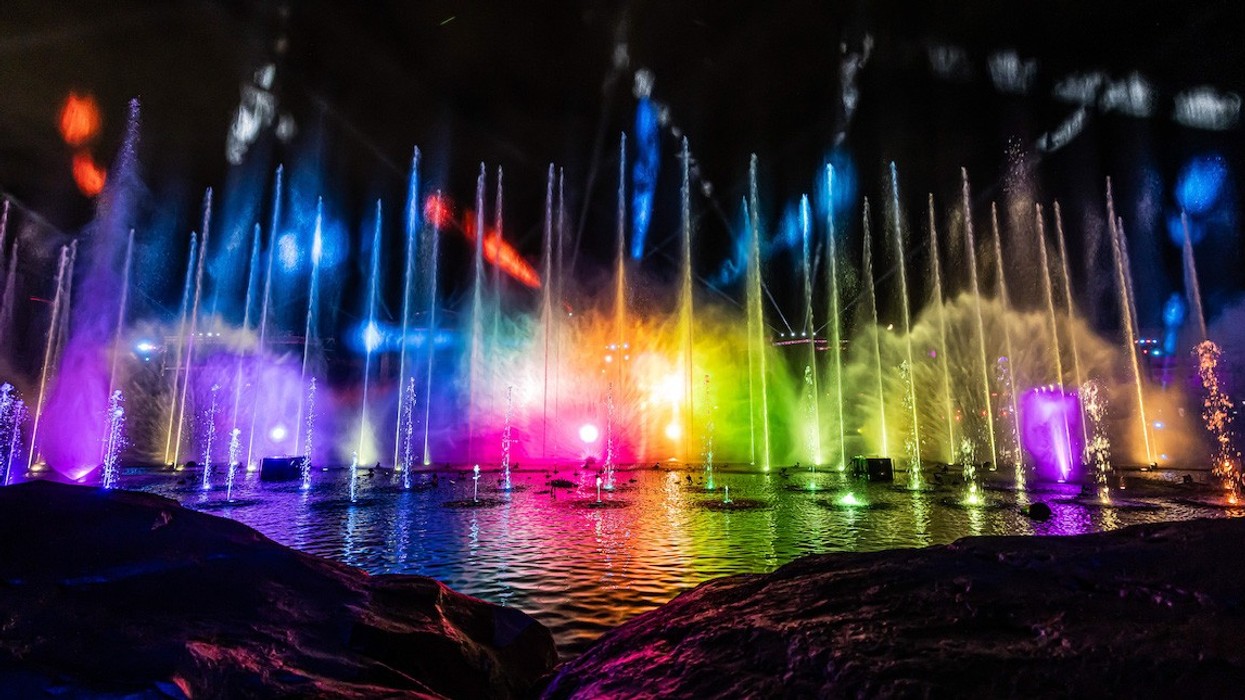
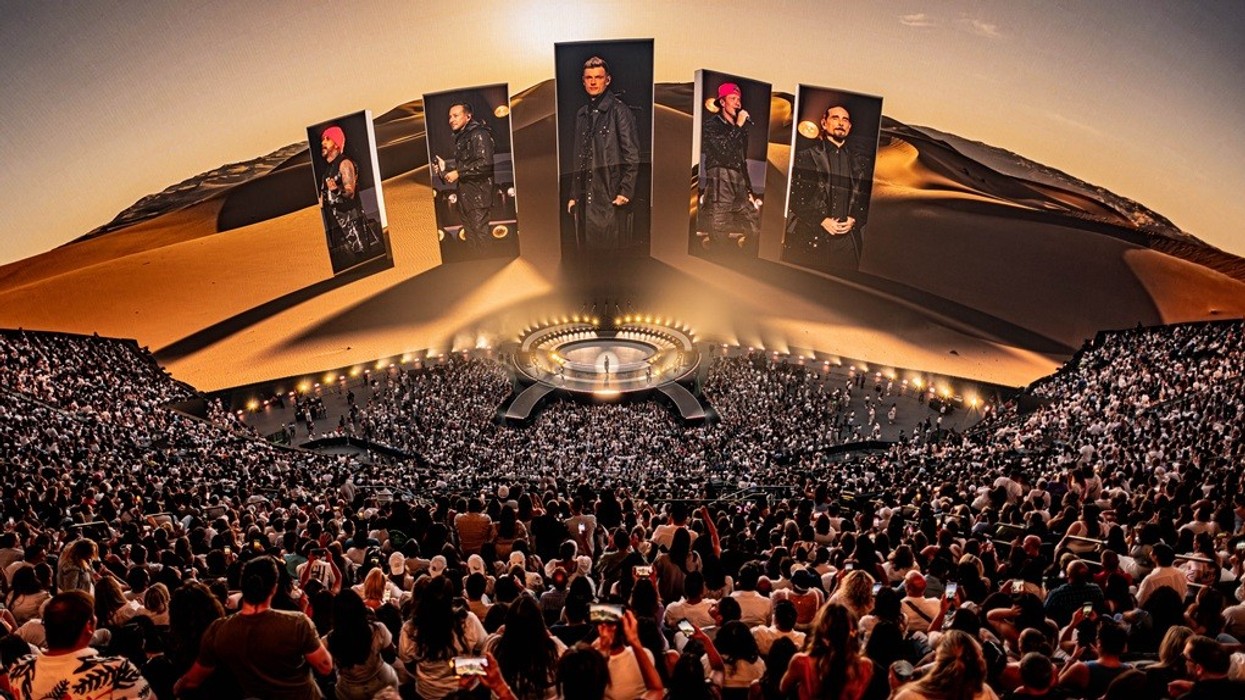


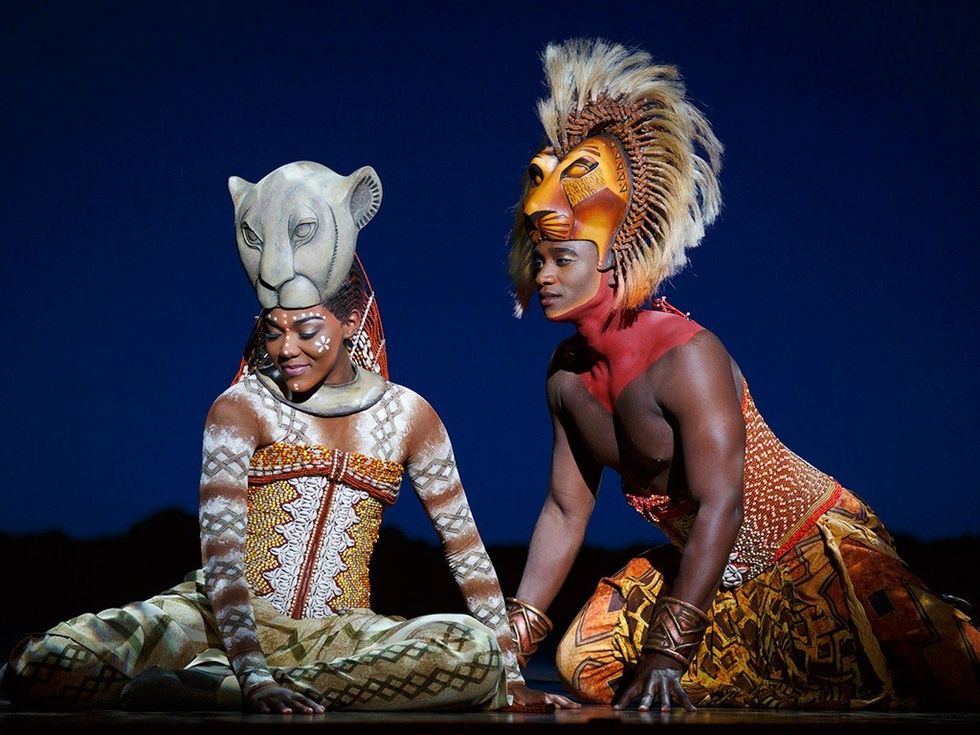 Nala and Simba - THE LION KING Abu Dhabi - Photo by Joan Marcus © Disney
Nala and Simba - THE LION KING Abu Dhabi - Photo by Joan Marcus © Disney
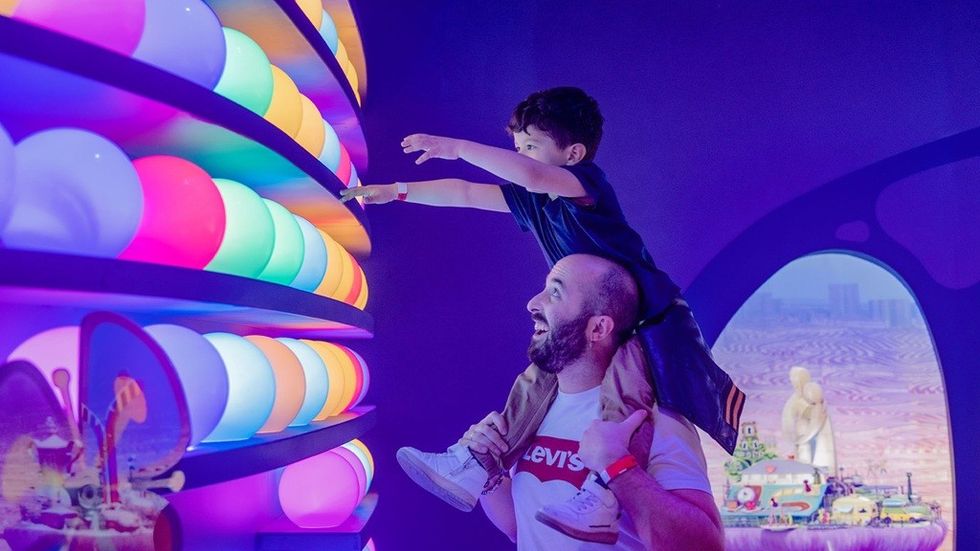 Mundo Pixar
Mundo Pixar Mukelisiwe Goba as Rafiki and the North American Tour Company - THE LION KING Abu Dhabi - Photo by Joan Marcus © Disney
Mukelisiwe Goba as Rafiki and the North American Tour Company - THE LION KING Abu Dhabi - Photo by Joan Marcus © Disney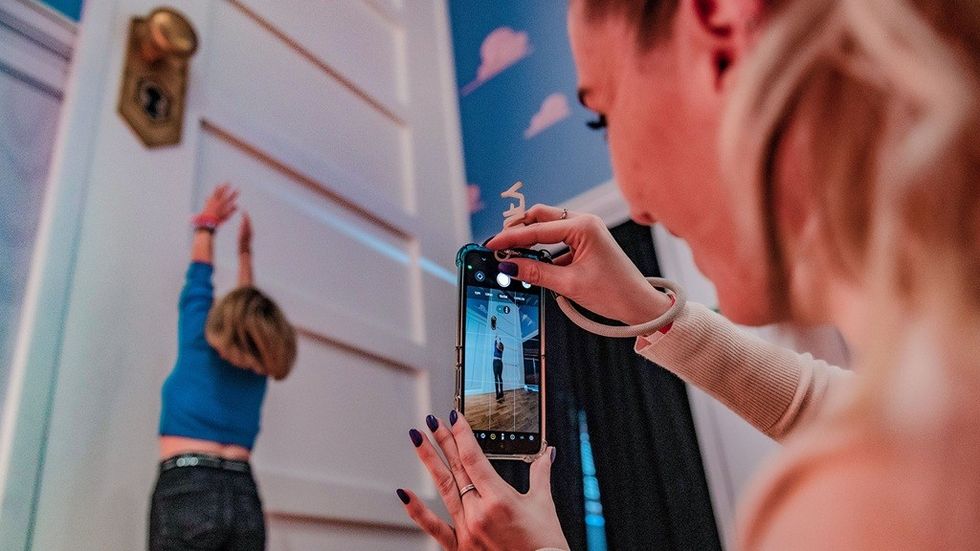 Mundo Pixar
Mundo Pixar



